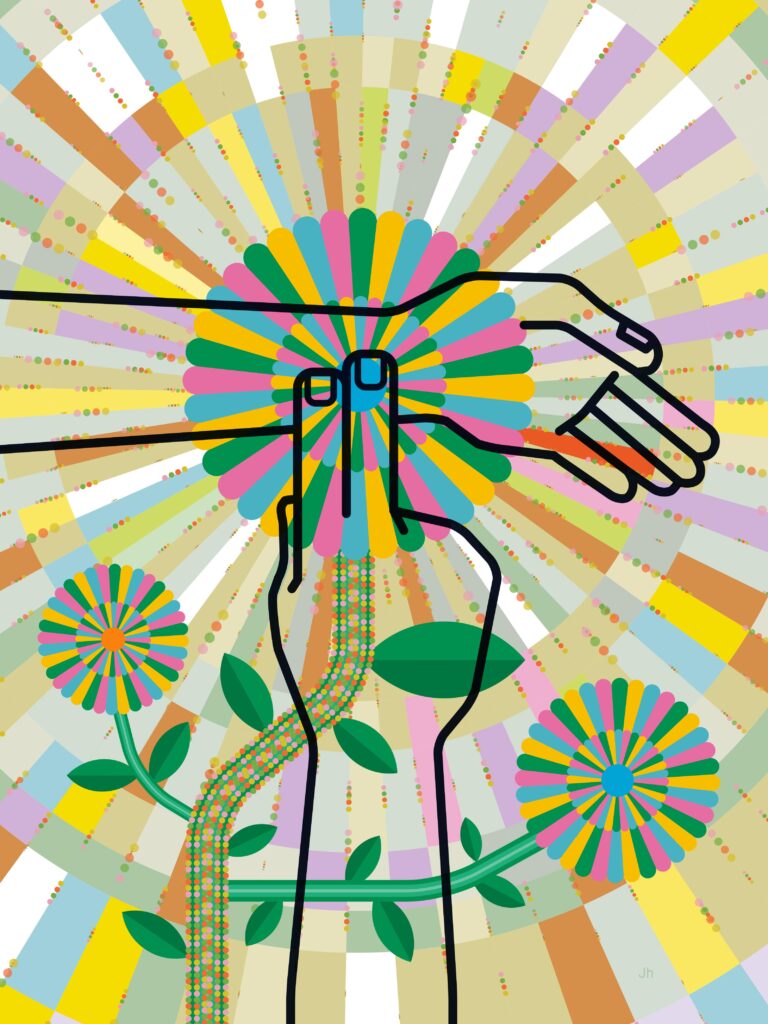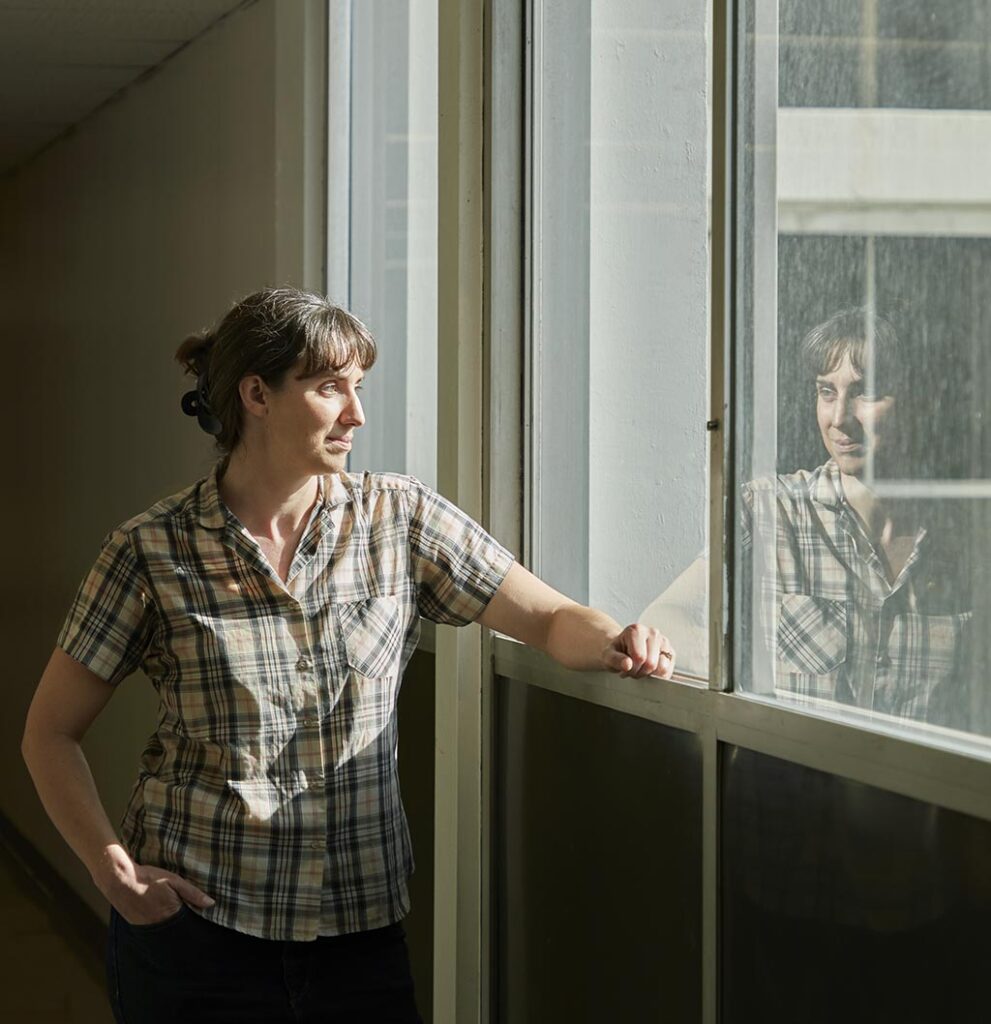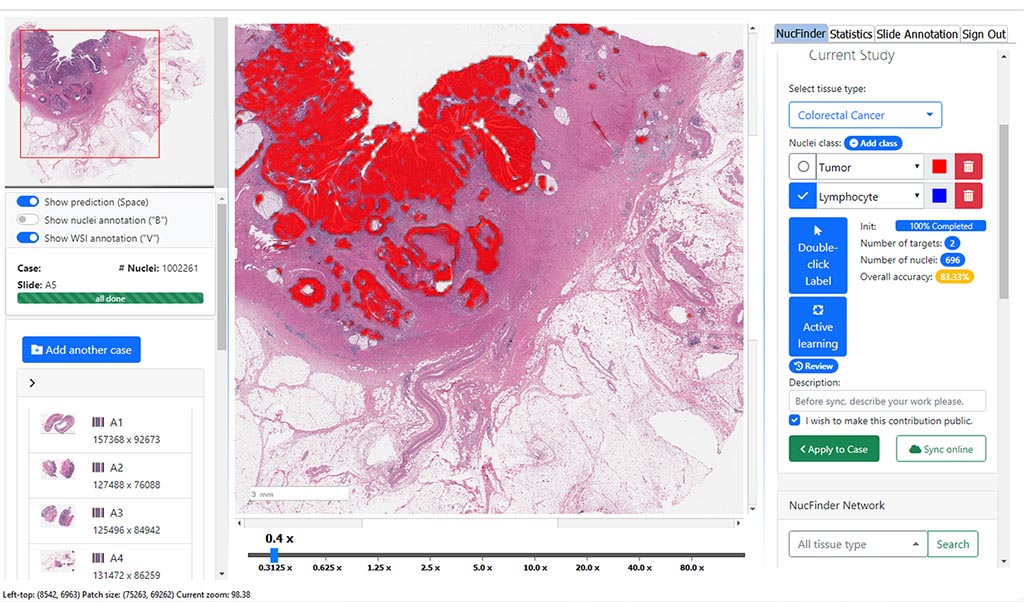AI explodes
Taking the pulse of artificial intelligence in medicine
The new issue of Stanford Medicine magazine explores the challenges and promise of artificial intelligence for medical care, research and education.

AI in medicine
Medicine’s AI boom
The Stanford impact
Who’s training whom?
A physician’s surprising encounter with ChatGPT
Cautiously optimistic
Leaders of Stanford’s initiative for responsible health AI look ahead
Can we get along?
Humans versus artificial intelligence
Adding ethics to the mix when developing health care AI
A bioethics expert is designing exercises to encourage ethical responsibility in programming
Mind in the machine
Do nerve cells hold the key to an epic advance in computing?
What’s driving this tumor
Aiming to stymie breast cancer through gene testing and AI
AI-boosted biopsy scrutiny
With all patients’ tissue samples digitized, AI-assisted analysis begins
ABCs of AI
A brief glossary of artificial intelligence terminology
Plus
And yet, there’s hope
A family devastated by cancer plants seeds to vanquish the disease
An act of love
For a family with roots in Asia and a loved one in the hospital, food is more than just food
Clinical trials in a dish
Fast-forwarding drug development
Teens and screens
How to safeguard young people’s well-being on social media
It worked
A pregnant woman risked a treatment herself, hoping to heal her developing baby, who would be born with cystic fibrosis
Where is ‘I’
The physical sense of self has been localized
Letter from the Dean
Defining AI’s place in health and medicine
Why Stanford Medicine is playing a leading role in an initiative to guide
the principled use of AI
The beat goes on
Surgeons transplant hearts while they’re beating
Upfront
A quick look at the latest developments from Stanford Medicine
Healing tips from worms
How injury can trigger responses in distant tissues
Reversing depression
Magnetic stimulation redirects brain signals
Fantastic (intestinal) voyage
Ingestible device samples microbiota of the small intestine
Poor memory linked to autism
Findings suggest broad memory impairment plays a part in disorder
Healthy fat’s longevity link
Number of lipid droplets predicts lifespan of lab worms
Squirming solution
Screen time helps kids hold still during radiotherapy
















